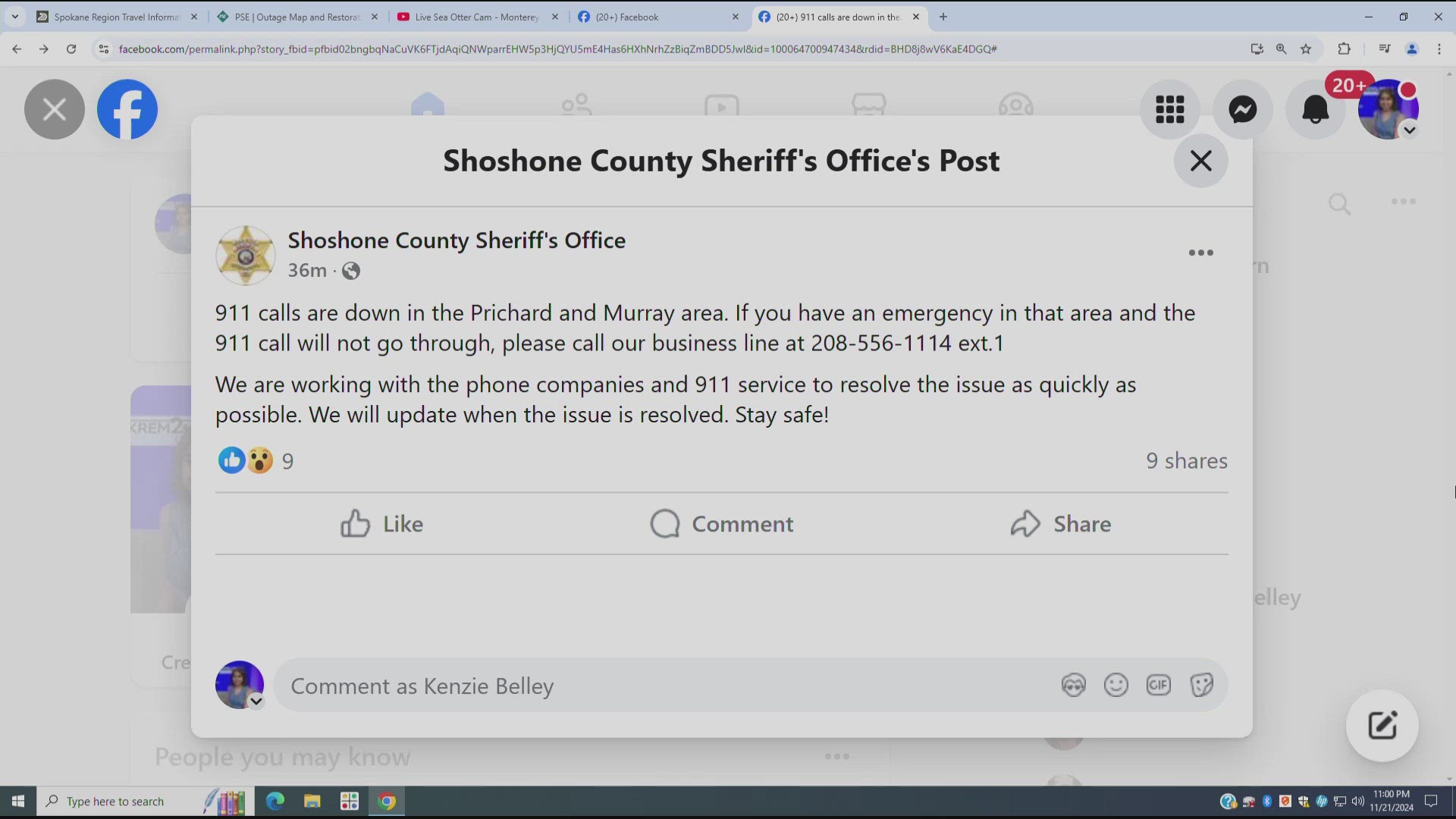A split Washington Supreme Court has ruled that sentencing juveniles to life without parole is unconstitutional.
In a 5-4 ruling Thursday, the majority affirmed a Court of Appeals ruling in the case of then 16-year-old Brian Bassett, convicted in 1996 of three charges of aggravated first-degree murder for fatally shooting his parents and drowning his 5-year-old brother in a bathtub in McCleary, Washington.
The U.S. Supreme Court ruled in 2012 that it was unconstitutional for juveniles to receive automatic sentences of life without the possibility of parole. In response to that ruling, the Washington Legislature eliminated mandatory life sentences for juveniles under age 16 convicted of aggravated first-degree murder and required sentencing courts to take into account mitigating factors before sentencing anyone age 16 or 17. Thursday's ruling removes that option for ages 16 and 17 and sends Bassett's case back to the trial judge for re-sentencing.
Bassett's attorney is now eager to get his client released on parole.
"He's going to get out. He's earned it. If anybody's earned it, he's earned it," said Eric Lindell, who said Bassett was too young to know what he had done.
"You've got to treat children for what they are. They're children," said Lindell, "Their brains aren't fully developed until they reach the age of 22 or 23."
Lindell said Bassett has not had any violations of prison policy for the past 15 years. He said Bassett got married and is taking college courses within the Monroe Correctional Complex.
Grays Harbor County Prosecutor Katie Svoboda, who called the Supreme Court's ruling "frustrating," said she will fight against any move to get Bassett released. She said she can try to get Bassett re-sentenced on the three murder charges by getting sentences to run consecutively.
"I think the court got it wrong," said Svoboda.
In Thursday's ruling, four justices dissented, saying the legislative changes made after the U.S. Supreme Court's ruling were constitutional.



